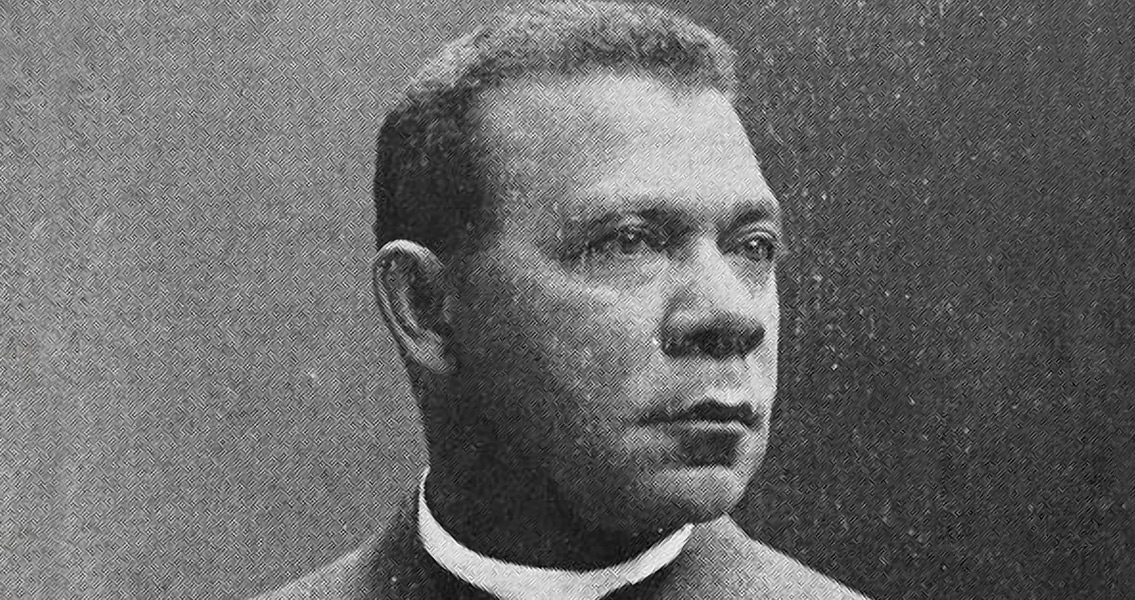<![CDATA[On 24th June, 1896, famed civil rights activist Booker Taliaferro Washington became the first African-American to receive an honorary degree from Harvard University. In his acceptance speech, later published in Harvard Graduates Magazine, Booker T. Washington hailed the symbolism of the award while also pointing out the continued struggle for racial equality in the United States. "How shall we make the mansions on yon Beacon street feel and see the need of the spirits in the lowliest cabin in Alabama cotton fields or Louisiana sugar bottoms? This problem Harvard University is solving, not by bringing itself down, but by bringing the masses up." The speech highlighted the philosophy Washington, an orator and educator, adopted in his campaign for equality. His approach was a moderate one which argued African-Americans should accept social segregation in exchange for increased educational opportunities, economic advancement and equal justice in court. Unpopular among advocates of civil rights who demanded immediate racial equality in the US, Washington stated that African-Americans had to slowly work towards winning an equal position in society. "In working out our destiny, while the main burden and center of activity must be with us, we shall need, in a large measure in the years that are to come, as we have in the past, the help, the encouragement, the guidance that the strong can give the weak." Washington was born in Virginia in the 1850s. His mother was a slave, while his father was an unknown white man. The first years of Booker's life were spent sharing a one roomed cabin with his mother Jane, who worked as a cook for plantation owner James Burroughs. At a very young age Washington was sent to work on the Burroughs' estate, deprived of the opportunity to receive the education given to white children. Following the end of the American Civil War and the abolition of slavery in the US, Booker T. Washington and his mother moved to West Virginia. Jane married freed slave Washington Ferguson, and Booker T. Washington finally got access to education, waking up at 4am to do an hour of study before commencing work. In 1872 Washington won a scholarship to the Hampton Normal Agricultural Institute, a college which specialised in providing practical, industrial based education. After his graduation in 1875 he worked as a teacher, before being recommended to run the new Tuskegee Normal and Industrial Institute. Started with funding from the Alabama state legislature, the Tuskegee Institute (now known as Tuskegee University) was an industrial institute founded for African-Americans. Under Washington's leadership Tuskegee grew into a successful academic institution. Alongside his position as head of the school, Washington became an increasingly public figure and orator on issues of race and civil rights in the United States, with Presidents Theodore Roosevelt and William Howard Taft both consulting him on issues connected to African-American rights. It is important to stress how divisive Booker T. Washington was in both white and African-American communities. His outlook of racial accommodation did not promote immediate equality or integration, with African-American critics such as W.E.B Du Bois arguing that Washington was advocating African-Americans to stay in a subservient, second-class position. Washington's focus on vocational training instead of academic education was seen as an unnecessary glass ceiling, a statement that African-Americans should not bother to fight for equal involvement in the political system. Of course, defenders of Washington argue that this approach was the most effective in an extremely volatile United States where race was still such a sensitive issue. By arguing for gradual change rather than revolution, he limited the open conflict with white supremacists and reactionary elements in American society. As the awarding of the honorary degree in 1896 shows, Booker T. Washington's approach saw him accepted into traditionally white dominated institutions, allowing his arguments to be heard without being met with accusations of extremism. Supporters of Washington argue that he achieved progress for African-Americans at a time when attempts at a revolution in rights and politics would have been simply impossible. Whether or not this approach was the most effective for affecting real change on issues of equality, de-segregation and racism, Booker T. Washington was undoubtedly successful in bringing these issues to the public eye.]]>
Booker T. Washington Receives Honorary Degree
